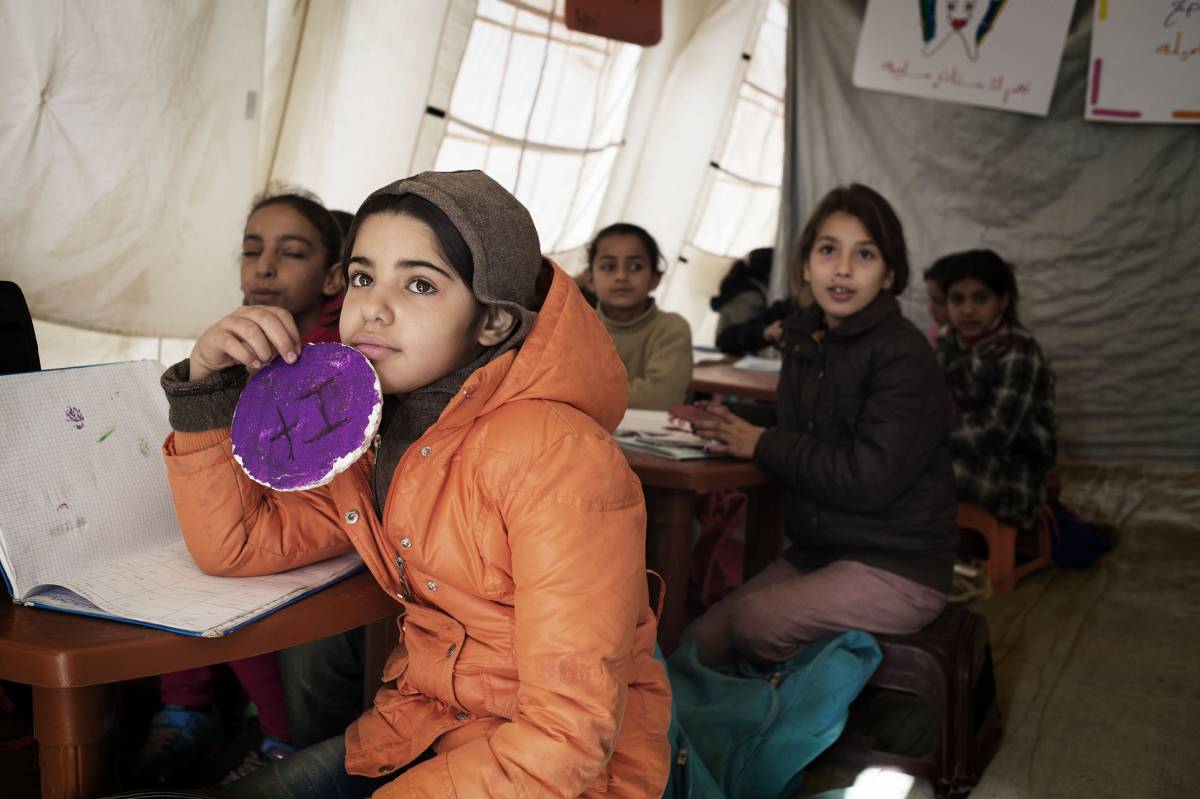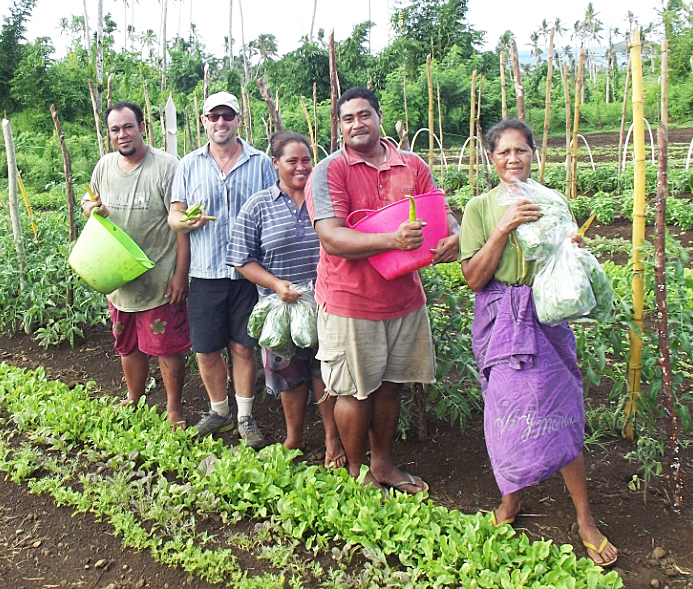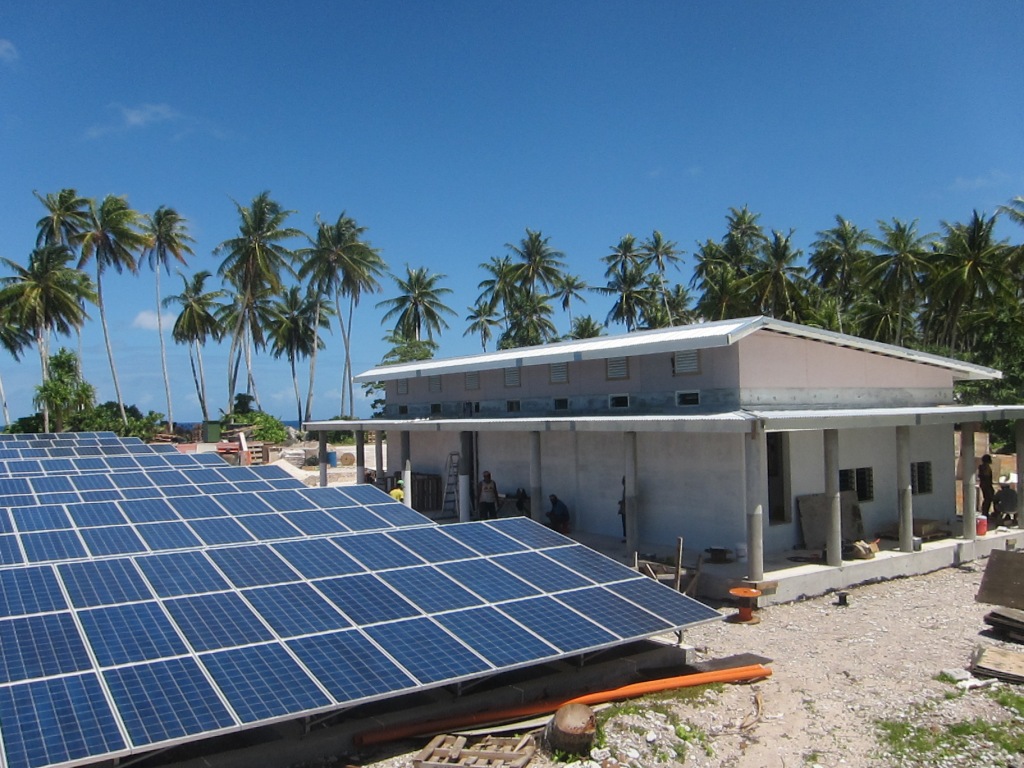On this page
We invest in relationships with partners that deliver high quality services that match our development priorities. These include a focus on the Pacific region and initiatives that contribute to sustainable economic development.
Partner country governments
Country partnerships are at the heart of our approach. Most of our investment supports development in individual partner countries. We work closely with countries to understand their priorities, identify where New Zealand can add most value, agree on the results we want to achieve and how these will be delivered.
When we work with partner governments, we use their financial planning and management, implementation, monitoring and reporting systems where practicable. Partner government agencies to whom we provide grants submit regular reports on how the funding has been used and the results of the project. Alongside providing funding, we engage with partner countries on policy issues that are critical to the success of development initiatives.
International organisations

Partnering with international organisations helps make our resources go further in areas that align with our investment priorities. These partners include international development banks, UN development and humanitarian organisations, and Commonwealth agencies. Our support includes 'core-funding', and funding for specific initiatives.
Investing in these organisations means we're able to contribute to the sustainable development of up to 155 countries, help alleviate acute humanitarian need, and influence global development priorities and practice. As part of this we champion the needs of small island developing states, and in particular, Pacific countries. We're also strengthening our focus on effectiveness and efficiency so that our investments have greater impact.
Regional organisations
We partner with organisations in the Indo-Pacific that take a regional approach to development issues.
In the Pacific we work across a number of sectors, including fisheries, maritime safety and environmental issues as well as disaster preparedness and response, all of which benefit from a regional approach. The Pacific Islands Forum Secretariat, the Pacific Forum Fisheries Agency, the Pacific Community, the University of the South Pacific, and the Secretariat of the Pacific Regional Environmental Programme are some of the organisations we partner with.
In Asia, our support focuses on encouraging economic development and disaster preparedness. New Zealand has long-established partnerships with the Association of South-East Asian Nations (ASEAN) and the Mekong Institute, and we work with them to support development in the region.
Other donors
We coordinate our efforts with other donors for the benefit of developing countries. We partner with Australia for many initiatives in the Pacific.
We work closely with partner countries and donors to further improve development cooperation and collaboration in the Pacific, at both country and regional levels.
Recent examples of successful partnerships with other donors include:
- Working alongside Australia, France, Germany, Japan, United Kingdom, and United States to support Pacific-led initiatives to bolster Pacific resilience to humanitarian emergencies.
- Working with Australia and the United States to support the construction of the Pacific Community’s tuna research vessel.
- Co-financing, with the governments of Australia and Solomon Islands, the design and build of provincial airfields across Solomon Islands.
- Supporting biodiversity in the Pacific with France and the European Union through the Kiwa initiative(external link).
- Supporting the Pacific Climate Change Centre in Samoa with Japan and Australia.
- Co-financing, with the government of Ireland, support for Pacific Island countries to transition to low-emissions and climate resilient development through assistance with long-term inclusive planning and decision-making.
Non-government organisations (NGOs)

We partner with NGOs that work with grass-roots organisations and communities in developing countries. Their knowledge and experience means they often have a wider reach into communities than the government and private sector.
Humanitarian NGOs have expertise in quickly meeting the needs of communities affected by natural disasters or conflict, and often have an enduring presence in a country when others withdraw.
We have long-term, funded partnerships with various partners, including Volunteer Service Abroad, the Fred Hollows Foundation, and Red Cross New Zealand workers.
Accredited NGOs can apply for funding through the:
State sector agencies
We have a ‘whole of government’ approach to working with the state sector through ongoing consultation and engagement on international development priorities, including fisheries, safe and secure communities, private sector development, disaster management and building resilience. We regularly consult with relevant state sector agencies on New Zealand’s position and policy setting when working with Pacific regional agencies and in regional fora (e.g. Forum Fisheries Agency).
We also have major partnerships with state sector agencies who provide hands on practical support to their counterpart organisations in Pacific island countries. Examples include:
- New Zealand Police to build safer communities
- Ministry of Primary Industries to develop biosecurity and fisheries
- Te Kura Kaiwhakawa to strengthen courts and justice
- National Emergency Management Agency and Fire and Emergency NZ to build disaster resilience.
We also support smaller, more focused peer-to-peer activities, such as legislative drafting support through the Parliamentary Counsel Office.
Pacific Diaspora
Investing in relationships with our Pacific partners helps MFAT to deliver our development priorities. We recognise and value the depth of Pacific diaspora kinship links, knowledge, experience and networks which means they often have a wider and deeper influential reach into their communities ‘back home’. We do this by:
- Annually delivering a ‘Pacific Update’ series to our Pacific diaspora in fourteen locations around New Zealand, communities and broader stakeholders to share the Government’s Pacific priorities and highlights of our work in the Pacific.
- Facilitating regular, face to face gatherings with Pacific community leaders to seek feedback on specific foreign policy issues.
- Supporting other government agencies to engage with Pacific communities to seek feedback where there is an international angle (e.g., Ministry of Justice regarding Adoptions law reform and Ministry for the Environment on climate change impacts).
Utilising public outreach and ‘soft’ diplomacy tools, we work with our partners through genuine consultation and engagement to identify and contribute to initiatives that help us achieve our international development priorities.
Examples include:
- The Niue Language Exchange between the Niue Language Commission (NLC) and Te Taura Whiri i te reo Māori (TTW The Maori Language Commission) was a successful programme focused on the revitalisation of Vagahau Niue, one of the most at risk Pacific languages
- Clean Suva Waterways Project - This initiative is a collaboration between the Fijian Olympians Association - FOC (under the umbrella of the Fiji Olympic Committee) and Sustainable Coastlines, a registered New Zealand charity. This project is focused on empowering Fiji communities under the leadership of FOC with assistance from Sustainable Coastlines NZ, to ‘clean up Fiji’s waterways’ by educating, data collection, exchange of traditional knowledge and practices, reducing plastic and other litter in Fijian waterways and Laucala Bay (Suva Harbour)
- RWC Championing Oceania: This project leveraged off Rugby World Cup (RWC) celebrations beyond New Zealand by linking female rugby ambassadors in New Zealand with two ‘Game Changers’ from each of Papua New Guinea (PNG), Fiji, Tonga, Samoa and the Cook Islands and worked with local rugby federations in each country to deliver rugby tournaments for secondary school aged young women during the RWC, as well as identifying other ways to build leadership skills and participation in women’s rugby in the Pacific.
Private sector businesses

We work with New Zealand and international companies and suppliers in a variety of ways.
We contract supply of services and goods on a competitive basis and have established supplier panels in priority sectors to deliver activities ranging from installing solar energy systems to developing Pacific tourism markets.
Find out about tendering for contracts
New Zealand companies may also partner with VSA to create innovative volunteering opportunities for their staff.
Find out about VSA(external link)
We encourage companies that offer the best of New Zealand know-how in renewable energy, commercial agriculture, disaster risk reduction and other key sectors to work with us through these channels.
We aim to increase the impact of our development cooperation by encouraging business activities including investment that deliver development benefits in our partner countries. We are identifying new ways to achieve this in addition to our support for improving the business environment in partner countries.

